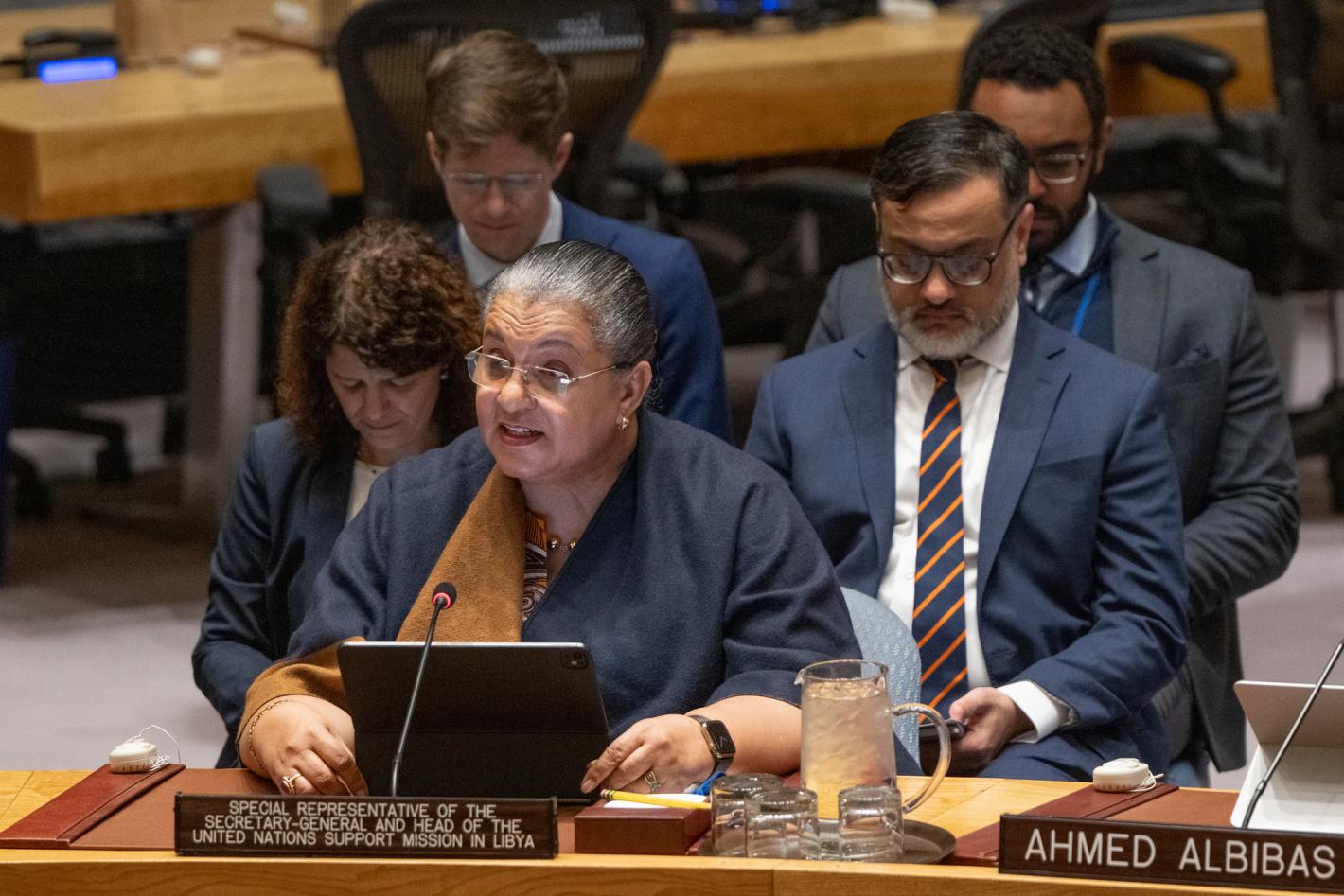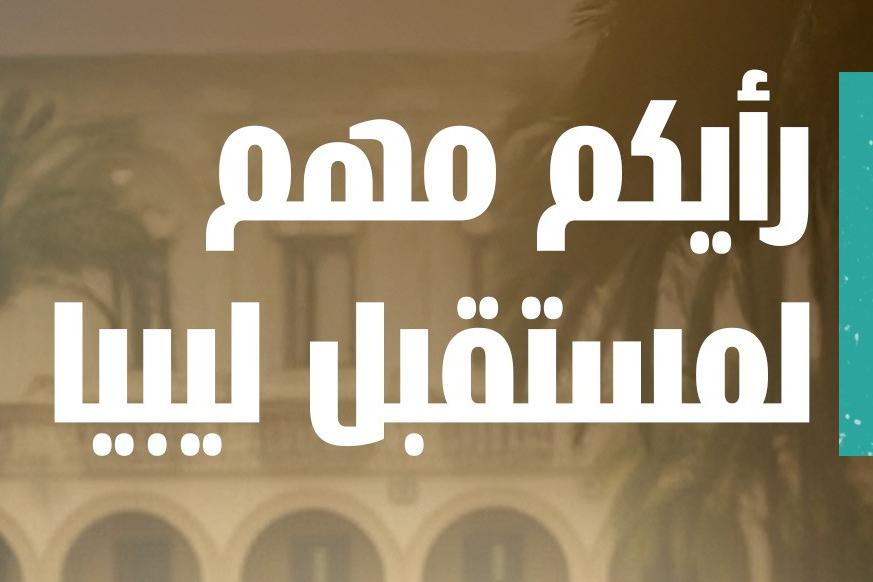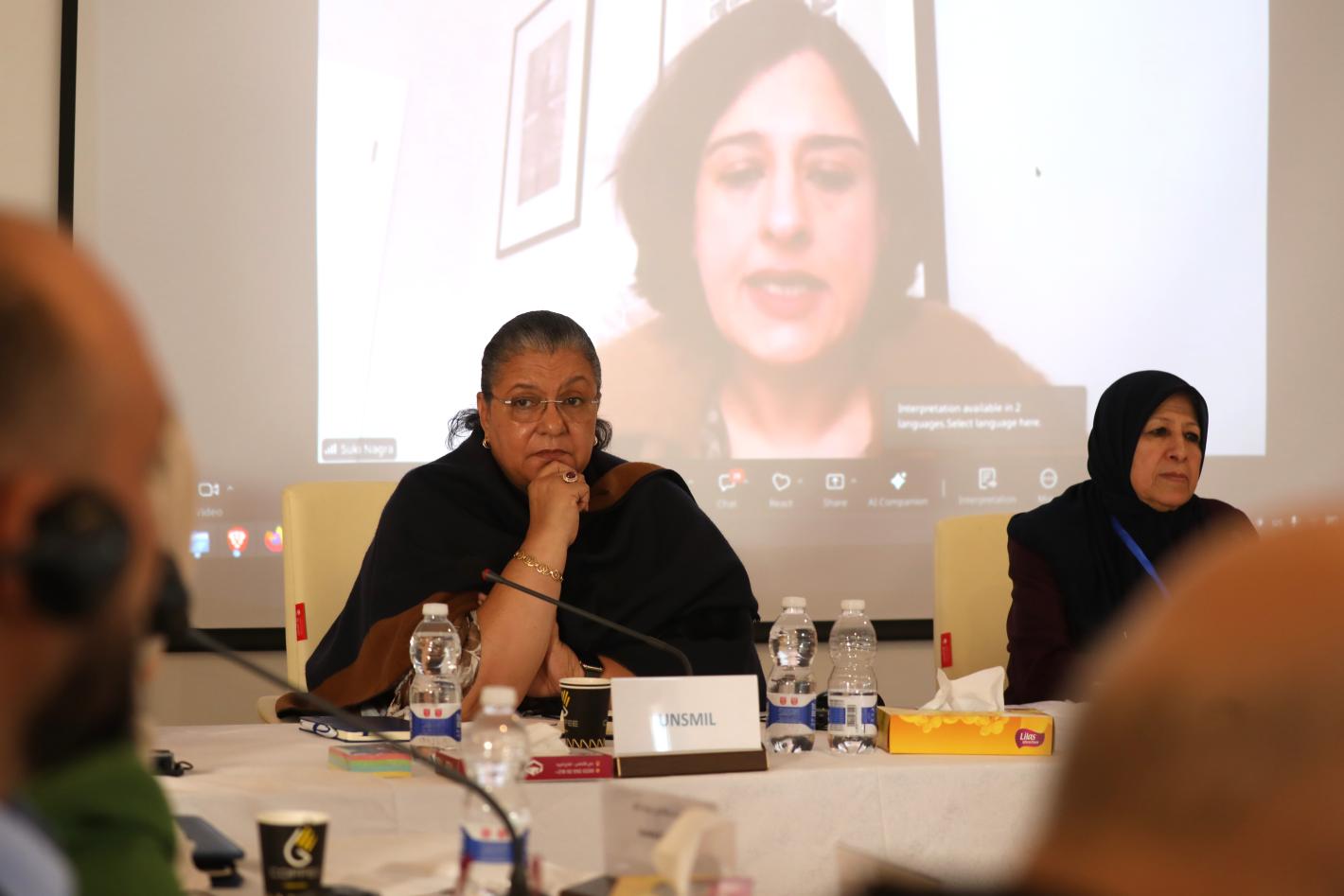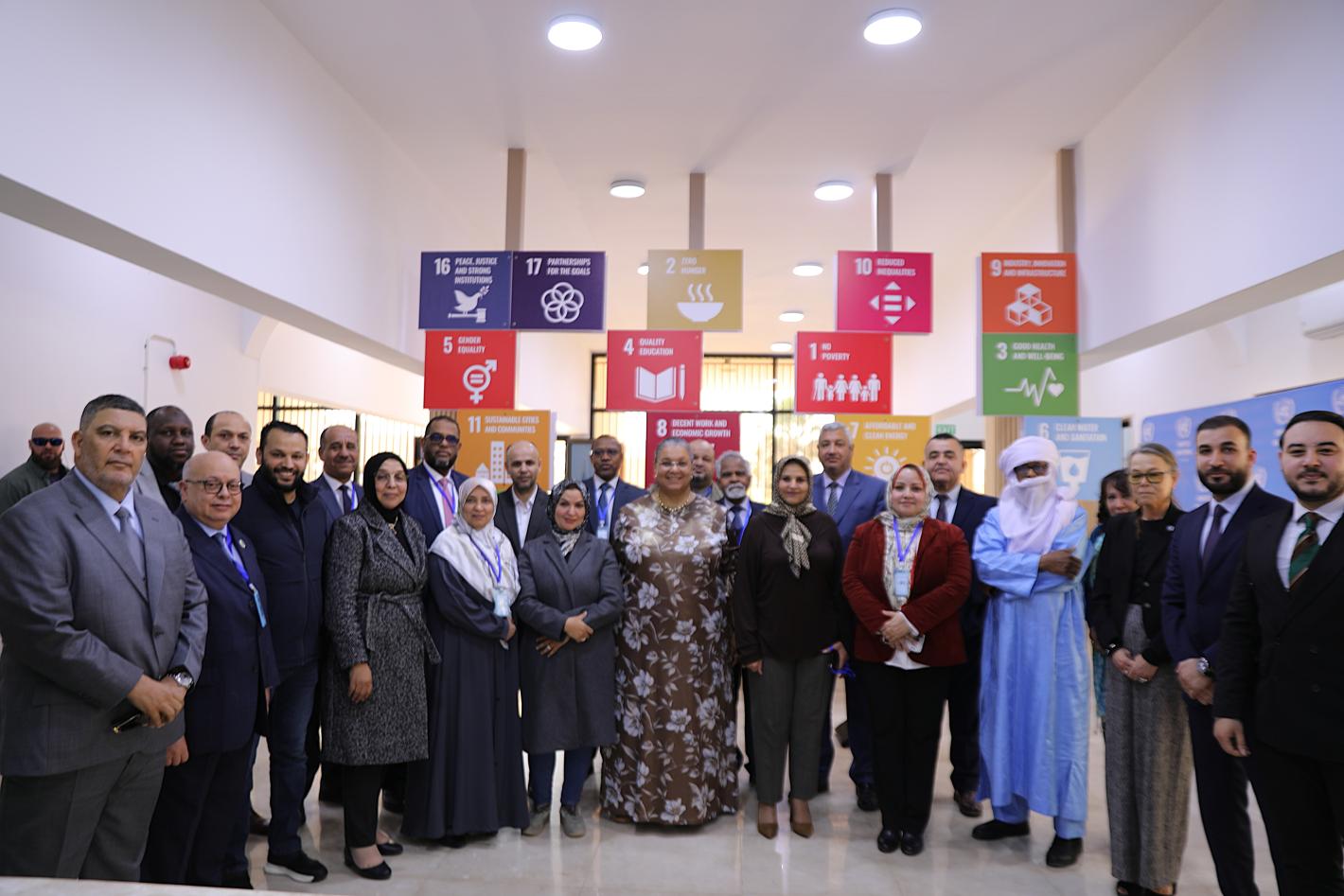طرابلس - على مدى الأيام القليلة الماضية، كثفت نائبة الممثل الخاص للأمين العام للشؤون السياسية، القائمة بأعمال رئيس بعثة الأمم المتحدة للدعم في ليبيا، ستيفاني خوري، مشاوراتها مع الأطراف السياسية الليبية لتسليط الضوء على جهود البعثة الرامية إلى تنشيط العملية السياسية، واستعادة الثقة بين الفاعلين الليبيين، والتقدم بثبات نحو إجراء الانتخابات الوطنية كما نص على ذلك قرار مجلس الأمن 2755 لسنة 2024. كما حثت جميع الأطراف على الكف عن اتخاذ أية إجراءات أحادية الجانب من شأنها أن تعمق انقسام المؤسسات الليبية.
التقت نائبة الممثل الخاص، ستيفاني خوري، برئيس مجلس النواب، المستشار عقيلة صالح في مدينة القبة قبل يوم أمس -الاثنين، حيث أكدت استعداد الأمم المتحدة لتيسير التوصل إلى حل سياسي للقضايا العالقة يستند إلى أساس مرجعية ومبادئ واضحة تضمن المصالح الأوسع للشعب الليبي. واتفق الطرفان على ضرورة مواصلة المشاركة البناءة بهدف توحيد مؤسسات الدولة، وخاصة السلطة التنفيذية، وتهيئة الظروف لإجراء انتخابات ذات مصداقية. كما أكدا على أهمية وضع ميزانية موحدة للعام المقبل، من شأنها وضع سقف للإنفاق والحد من هدر الأموال العامة.
ويوم الخميس الماضي، أطلعت نائبة الممثل الخاص رئيس المجلس الرئاسي، السيد محمد المنفي، على رؤية بعثة الأمم المتحدة للدعم في ليبيا لإطلاق العملية السياسية، مسلطة الضوء على الحاجة الماسة لكسر الجمود السياسي الراهن، وتمهيد الطريق لإجراء الانتخابات على أساس قانوني وسياسي قابل للتطبيق. كما ناقشا توحيد المؤسسات الأمنية وأهمية الإصلاحات الاقتصادية.
وفي نفس اليوم – الخميس الما ضي، التقت السيدة خوري بالقائم بأعمال وزير الخارجية، السيد الطاهر الباعور، ووزير الدولة للاتصال والشؤون السياسية، السيد وليد اللافي، وأكدت على الحاجة الملحة إلى العمل الجماعي لكسر الجمود السياسي وتمهيد الطريق للانتخابات في ليبيا، كما نص على ذلك قرار مجلس الأمن رقم 2755 لسنة 2024. وشدّدت على أهمية توحيد مؤسسات الدولة بما في ذلك الحكومة ومعالجة القضايا السياسية والأمنية والاقتصادية الخلافية.
بعثة الأمم المتحدة للدعم في ليبيا تكثف جهودها لإحياء العملية السياسية في ليبيا
- 04 كانون الأول 2024






